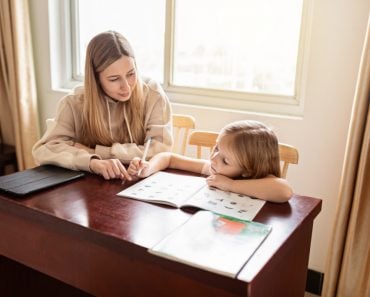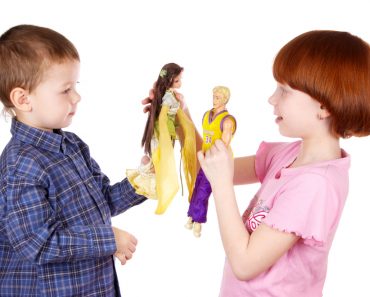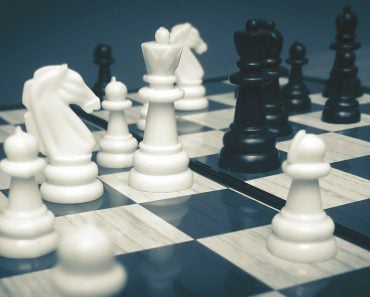Table of Contents (click to expand)
Playing helps children develop their physical, cognitive, social and emotional abilities. Playing provides a safe outlet for them to explore their personalities.
Picture this: a bright sunny day, a cool breeze blowing gently through the air, and a group of children playing in the garden. The picture simply drips happiness.
Play is such an important part of growing up, whether it is climbing trees, running and rolling in the grass, playing pretend with dolls and action figures, playing board games, or practicing sports.
Is this play all for leisure and fun, or does it serve a larger purpose?
Recommended Video for you:
Benefits Of Playing
Humans start playing from a young age. While we do it mainly to entertain ourselves, “playing” actually serves a far more important role than that. It contributes to our overall development by improving our physical, cognitive, social and emotional faculties.
Childhood is an age of development. Our brains are young and we’ve just begun to form neural connections and learn about ourselves and the world. Our body has started to develop and grow to support itself.
Playing serves as a ‘practice round’, where children can learn about and develop themselves.
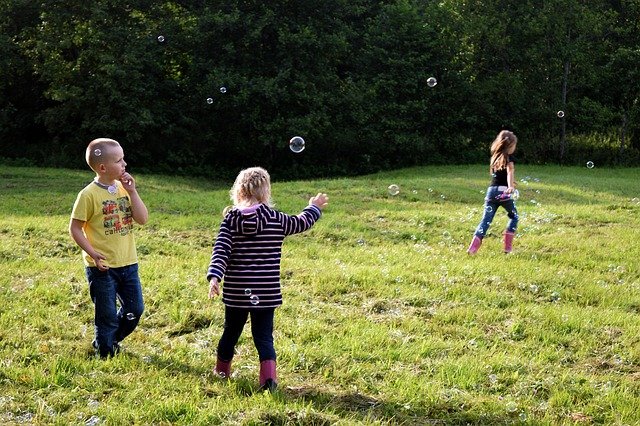
Physical
Starting from a very young age, play activities affect our physical growth. Playing with blocks, scribbling with crayons, making abstract shapes, and playing with rattles all improve motor control, or the control of our movements, and fine motor skills (movements of the hand and fingers, along with coordination with the eye).
As children grow older and get a better sense of their bodies and its capabilities, the play becomes more physical. Play will evolve to include running around, jumping up and down, climbing trees and similar games that will build and improve the child’s muscle control.
Older kids also practice their fine motor skills through hobbies like drawing, painting, and writing.
Play is essential for the development of muscle tone, strength and control over our movements, be it finer movements like holding a paintbrush (fine motor movement) or gross movements (which involve larger parts of our body like the arms, legs and torso).
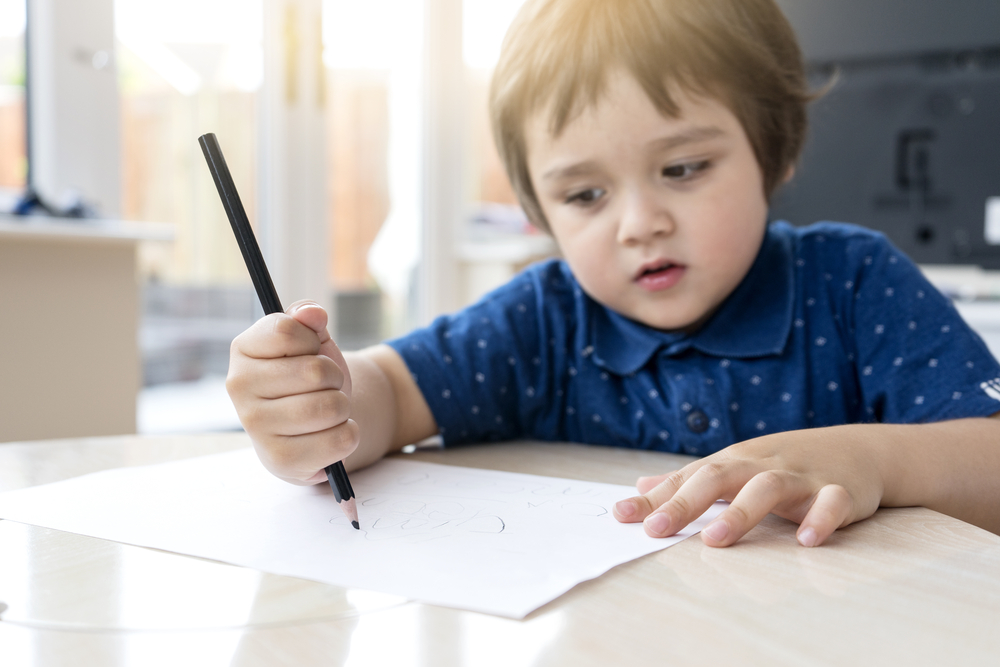
As children continue to grow, their physical strength and their muscle control improves, meaning that they are capable of indulging in more demanding and complex games and hobbies.
Cognitive
Games like puzzles and word searches require a basic understanding of language, how two pieces fit together, and problem-solving skills. Simpler games like stacking blocks and matching objects with their shape also improve abilities like perception, understanding of colors, objects, spatial orientation and hand-eye coordination.
Children also unleash their imagination when they play. They create stories while playing pretend with their dolls, and creatively imagine objects as they build with blocks.
All this promotes problem-solving, practicing skills, and interpreting the world.
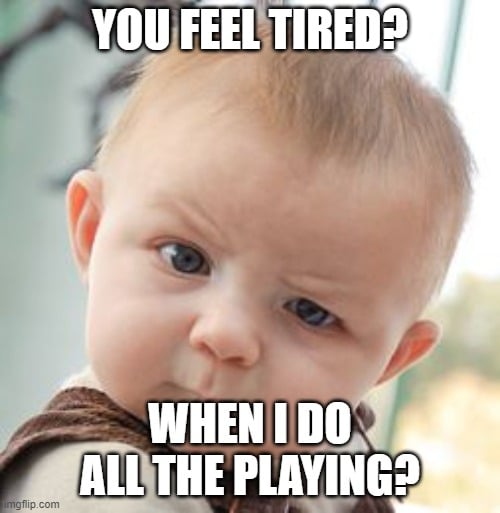
Emotional
Play activities give a child a sense of self and help them understand themselves better. Some realize that they prefer playing with others and playing by themselves, while some always prefer playing in a group or alone.
Games like playing pretend and playing with others can develop empathy and compassion in children.
Team sports like basketball, football, and baseball teach children how to handle wins and losses, and to do so as a team. Acting out fantasies helps children in dealing with their emotions, impulses and making sense of the world.
Social
A huge part of playing consists of socializing with other children.
Playing in groups teaches children to interact with other people, express their ideas and opinions, understand teamwork, control and moderate their behavior, and act in a socially acceptable manner.
It also teaches them how to make choices and wisely analyze situations. For instance, in a simple game of hide-and-seek, a child will have to analyze the situation and assess how good or bad each hiding spot is. They will then have to choose by having to decide on one spot.
Apart from the above, playing is also a great way for children to learn. Things like numbers, colors, letters, writing and general knowledge can all be improved through play activities. And this list is nowhere near exhaustive!
Playing isn’t just a novelty in humans; it occurs in the animal kingdom too! Animals, both wild and domestic, indulge in play to build social bonding, prepare themselves for adulthood, and learn and practice survival skills.
Playing has a vast number of benefits for people, especially in children when they’re at a young, impressionable age. Play not only benefits, but is actually vital to their development.
So kids, grab your toys and play on!
References (click to expand)
- Case-Smith J.,& O'Brien J. C. (2014). Occupational Therapy for Children and Adolescents. Elsevier
- The power of play – Part 3: Types of play - MSU Extension. Michigan State University
- The importance of play in children's learning and development. startingblocks.gov.au
- Ginsburg, K. R., and the Committee on Communications, & and the Committee on Psychosocial Aspects of Child and Family Health. (2007, January 1). The Importance of Play in Promoting Healthy Child Development and Maintaining Strong Parent-Child Bonds. Pediatrics. American Academy of Pediatrics (AAP).
- Animal Play - Reed Bio 342. Reed College



